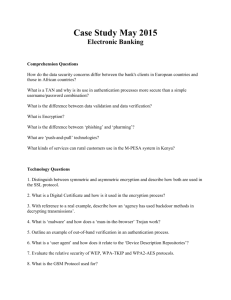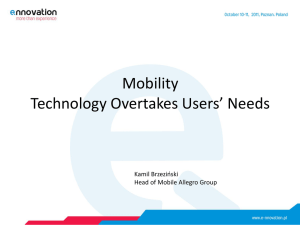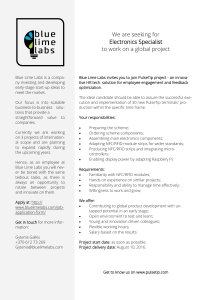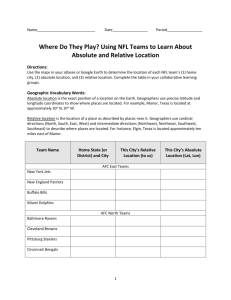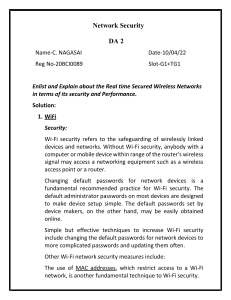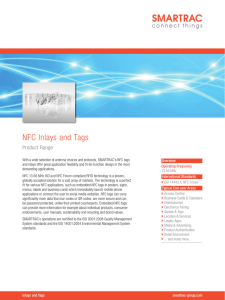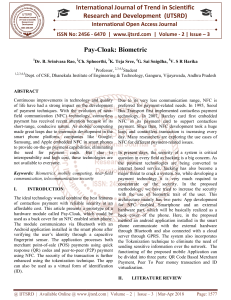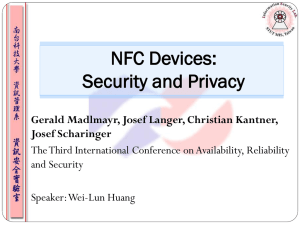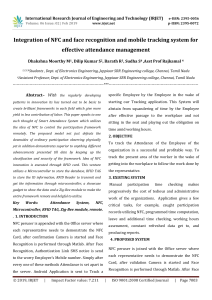Right Management Infrastructure for Home Content Speaker : György Kálmán, Josef Noll
advertisement
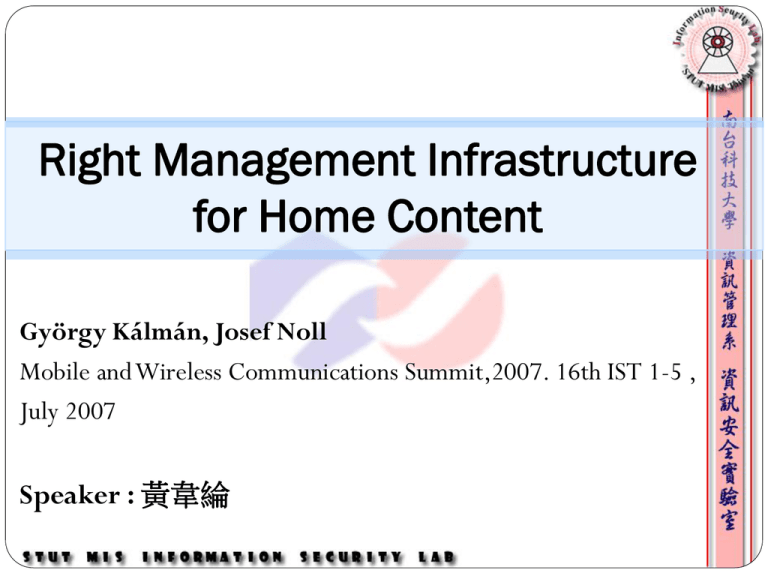
Right Management Infrastructure for Home Content György Kálmán, Josef Noll Mobile and Wireless Communications Summit,2007. 16th IST 1-5 , July 2007 Speaker : 黃韋綸 Outline Introduction & Motivation Devices in the home network Rights management Authentication and Encryption Service Architecture Prototyping key exchange Evaluation Conclusion 2 Introduction & Motivation Tradition user and provider roles are not separated any more. The end user is creating his content and sharing it over the network. Social life over the net is becoming more important, enforcing the need to share information with different user groups. User can decide to grant access or not remotely and nearly instantly. 3 Devices in the home network The phone is becoming a permanent part of the user’s personal area. And it is a always online device. The architecture consists of a home server, a mobile device and various media players. These technologies free content creators from the problems associated with content adaptation. 4 Rights management The use of group authentication can help to overcome the problems associated with content adaptation and personal content sharing. In this scenario, a device has only to prove, that it is part of a group, which can be done by simple hash calculations. It can not be assumed, that all devices have cryptographic hardware and tamper resistant hardware. This can be solved by adding a smartcard into the system. 5 Authentication and Encryption Compatibility issues and additional battery powered devices for certain hardware will make the smartcard solution difficult. Use the mobile phone’s SIM to calculate and the phone hardware to distribute keys for devices. Correct selection of the identifier to be used in a transaction. 6 Service Architecture If a new device is added to the domain, a request is shown on the display of the phone and requires response from the user. If the intruder wants to generate a new key, then they have to connect to the network. 7 Home network with Access Control and out of band key distribution 8 License redistribution with NFC enabled phone 9 Prototyping key exchange Two ways of distributing keys, through (1) the mobile network or (2) the NFC interface. The guest’s mobile phone can use NFC to achieve access to a property. 10 Admittance Service with NFC 11 Evaluation NFC readers are not usual in the home environment. Mobile providers usually do not allow access to the SIM in order to ensure correct functionality of the network. Since an encryption key can be quite short, well under one kilobyte, even current SIM capacities seem to be enough, but also, high capacity SIMs are already on the horizon. 12 Conclusion This solution supports both an I-centric and a community centric approach. Key generation and distribution are the main functions of the phone, supported by the capability to interconnect devices in the home network. 13
